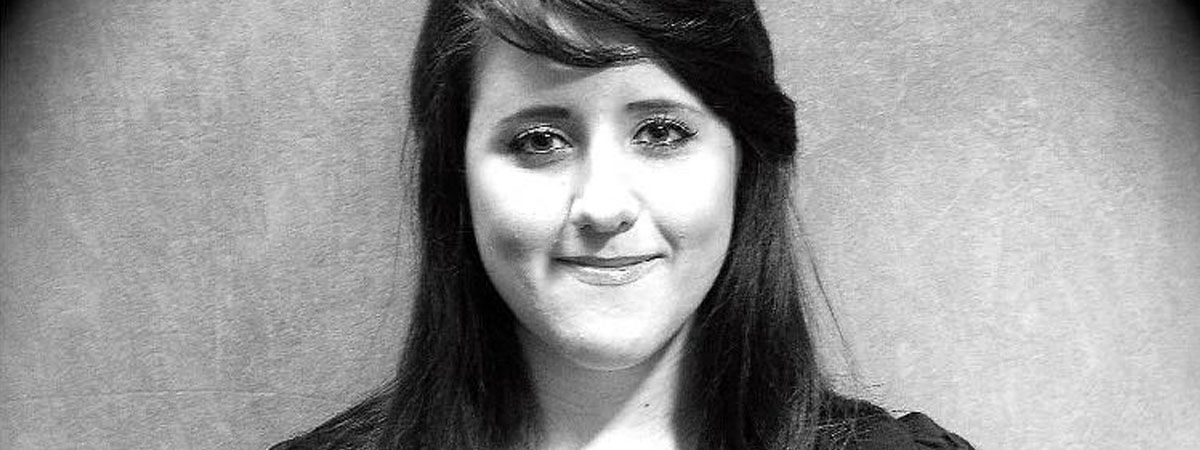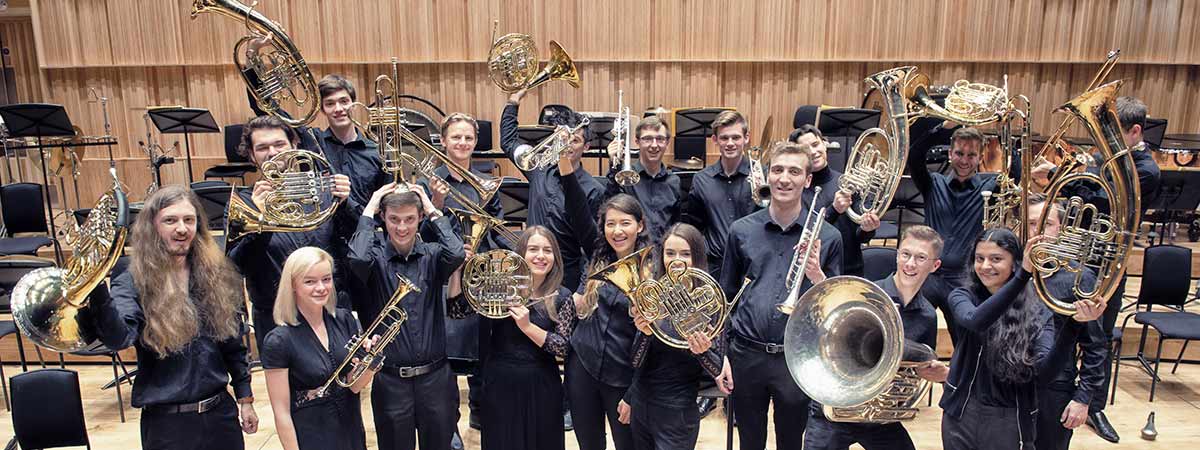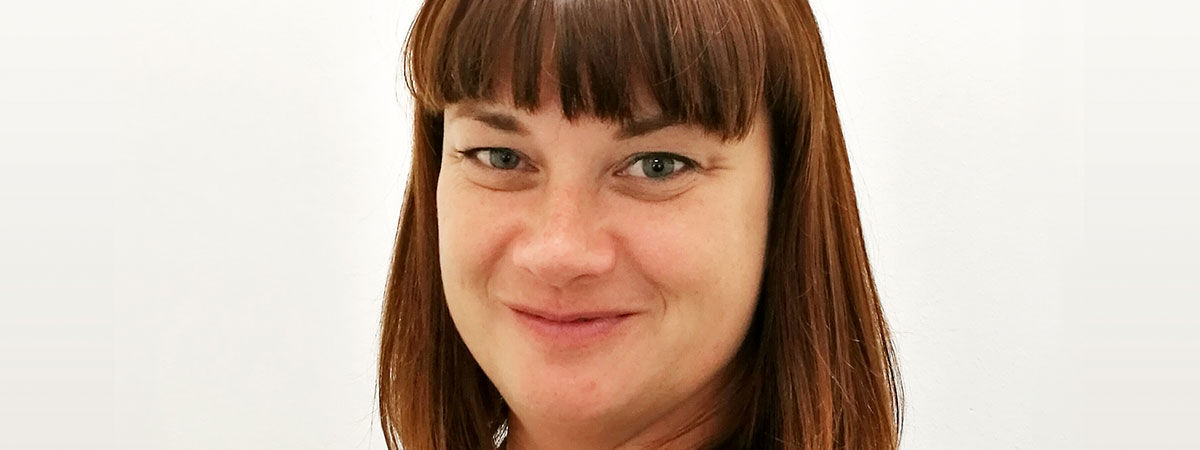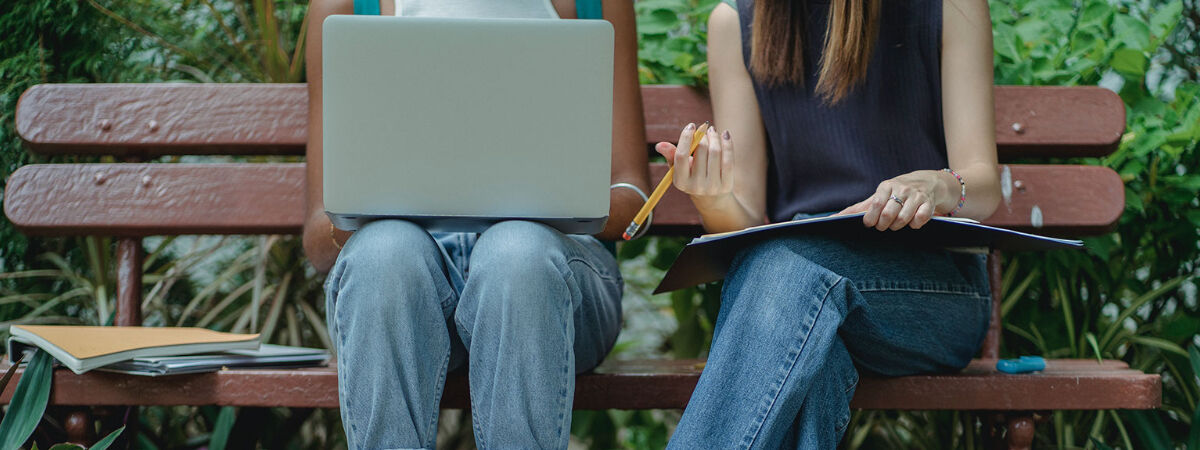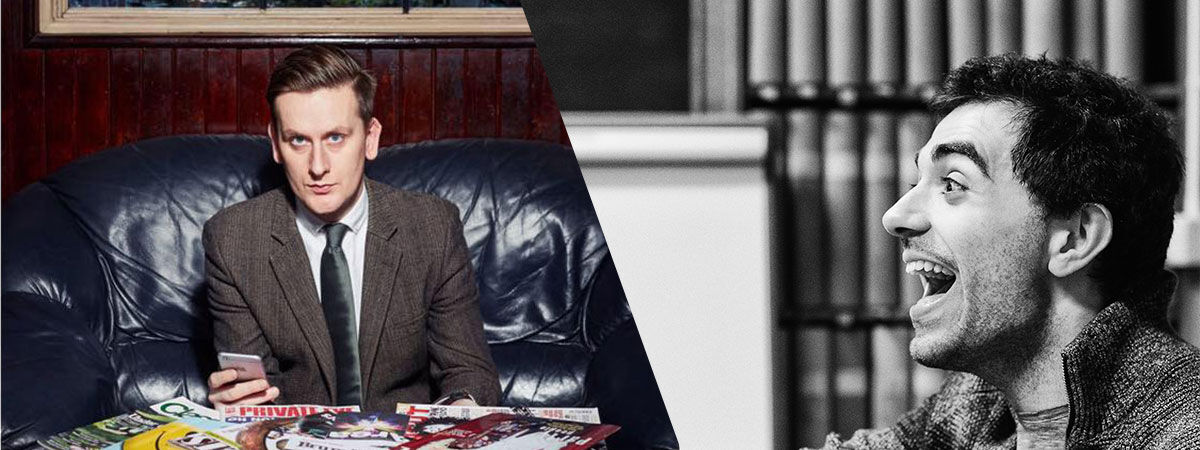Welcome to Series 3 of ‘Passing the Baton’ where members of the Conservatoire community talk to each other about life in the time of Covid-19.
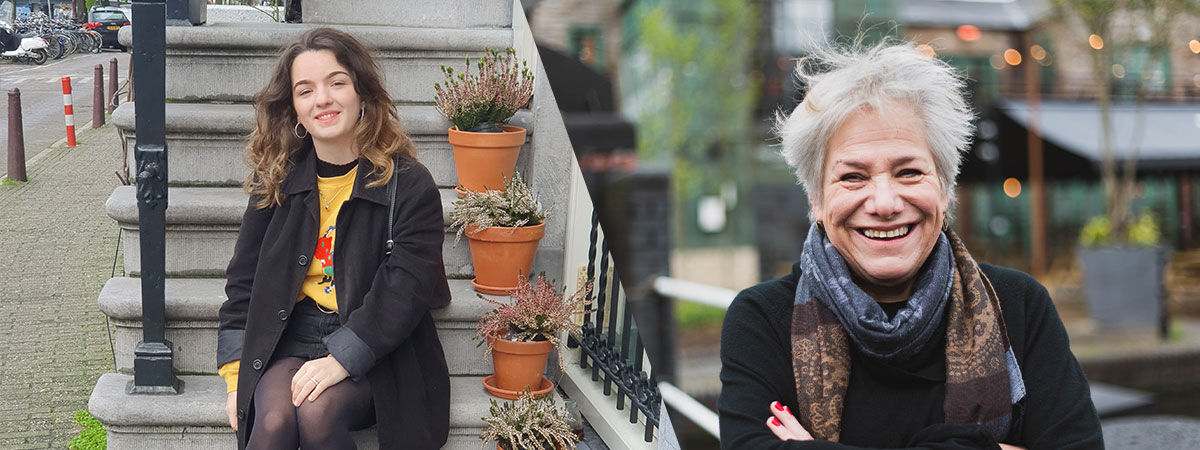
In Episode 3, BMus pianist Gina McDonald talks to MA Acting Course Director Lise Olson. This interview was conducted before the second lockdown on 4 November 2020.
Gina McDonald (GM)
Hi Lise, how are you settling back into everything? Can you tell us about your role as Course Director and what you might get up to on a day-to-day basis?
Lise Olson (LO)
My role as Course Director of MA Acting is never quite the same day by day – it depends on when in the academic cycle that day occurs. MA Acting is a one-year course; September through September. So, whilst welcoming the new intake of MA students, making sure their 50/50 delivery is handled smoothly and ensuring that they are aware of all the changes that the Conservatoire and BCU are making to ensure their education is safe and in good hands, I am also wrapping up the course for the 2019-20 intake. This involves making sure that they will be ready to graduate in January, and fielding calls from agents and casting directors as a result of their online Showcase, which I directed, was filmed in the LAB theatre and was sent out in September.
GM
Has much changed since the last academic year? What challenges have you had to overcome?
LO
The changes began for us at the start of lockdown in March. I was in the middle of choosing Showcase material, which we ended up rehearsing online – a very steep learning curve. I then taught an entire module online for first-year BA Acting students, which had a massive assignment. All of the MA Major Projects – their solo show – had to be self-taped for submission. These solo shows are usually live performances, and the students had no experience of self-taping. Their challenges were immense and they did an enormous amount of work. My hat goes off to each and every one of them who managed to change a live performance into a taped one – the ingenuity was staggering. Two students moved everything out of their families’ garages to have an empty space to perform. Many filmed their entire show in their student bedroom. I have so much admiration for their imagination and artistry. We also did their entire production module, which would have happened at the Old Rep and Old Joint Stock Theatres online and created bespoke online play experiences for a large audience. As it is a one-year course, it was mandated that the cohort needed to finish their course on time, but there were massive challenges. This year we are staying with the 50/50 pledge.
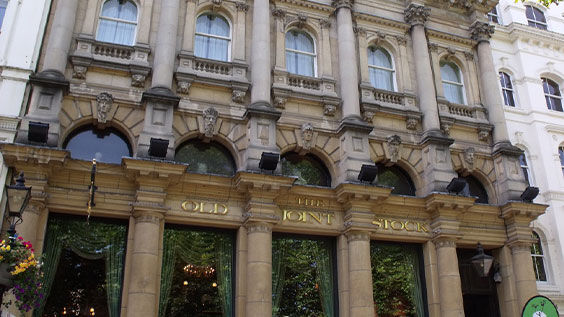
GM
Could you tell us about any positive changes that have happened as a result of the pandemic restrictions?
LO
One of the difficulties with teaching acting online is that the essential core of our work is gathering together in a room and having the shared experience. That’s not really possible online, with the greatest will in the world. I also think the digital poverty of some students makes restrictions less than positive as all students don’t really get to share the same offering all the time. Positive changes may be of a more personal nature – not having to commute in to work five times a week is a plus, many people get to spend more time with their families. It’s certainly nice to go out for a run in daylight.
It's given us all time to have those conversations that are so important like inclusivity in our work. Plus, it’s really made me appreciate all the work that I do with actors in the room and what we create in a shared space. It has made me miss that experience even more.
GM
What are you working on? Can you tell us about any projects that we can look forward to?
LO
I’m currently directing the MA/MFA Psychological Realism project of Chekhov’s ‘Uncle Vanya’. I’ve found a wonderful four-person version, which we have double cast that focuses on the dreams and conflicts of four of the major characters. We are rehearsing part-time in person and part-time online, which is challenging.
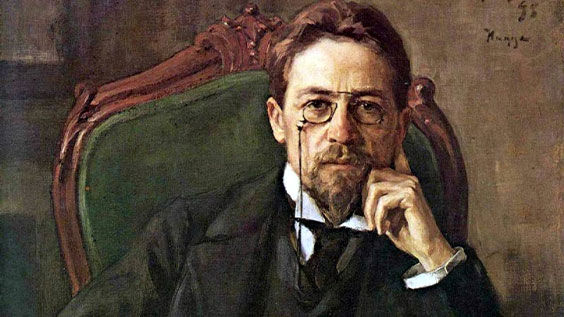
GM
What do you believe is necessary for the arts to continue in the current climate? What changes do you hope to happen in the near future for our communities to thrive?
LO
I think artists of all kinds have been amazingly resilient in putting content online – usually for free. I feel that for the arts to continue in the current climate, artists will need to be valued, not only spiritually, but economically. The change that I wish to see most specifically and urgently is for this Government to realise that the arts is an industry that feeds so many others. There would be little of the travel and hospitality industries in cities and towns that have theatres and concert halls that people travel to for entertainment. The fact that we have been called ‘unviable’, are told to retrai, and the ‘Fatima’ debacle have shown the arts community a level of disrespect that I find staggering. I wonder how anyone would have made it through the lockdown without books, Netflix or music. And the technicians who brought us all those daily TV briefings? I’ll get off my soapbox now.
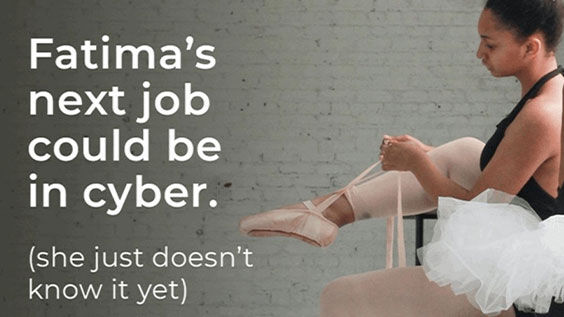
GM
Despite the difficulties of the world at the moment, there is still so much positivity being shared. Would you share a positive thought or sentiment to leave us with?
LO
Through lockdown, I have been listening to several podcasts; one of which is ‘That’s Theatre Darling’ and the host has each interviewee write a letter addressed to “Dear Theatre”. The tapestry of joyous experiences people are sharing makes me confident that we will return, bruised but braver, stronger and more resolute to bring live theatre to audiences worldwide in a shared space – living the shared experience. Theatre people are resilient, as they have been throughout the centuries in a quest to share stories with others. It will take more than a pandemic to destroy us.
Next Episode: Lise talks to RBC Early Music Lecturer and Instrument Curator, Martin Perkins.
